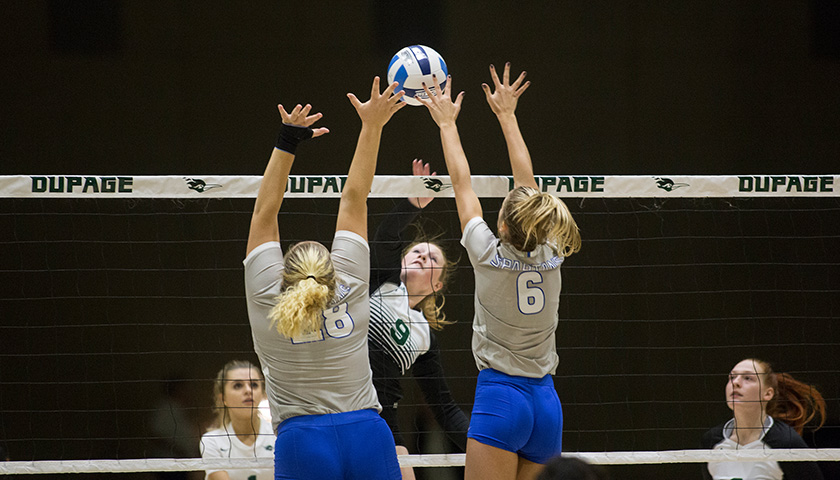A Tennessee bill that bans biological males from participating in female athletic competitions will take effect this week.
HB 1895, which passed through the Tennessee General Assembly in April and was subsequently signed into law by Gov. Bill Lee (R), says “the commissioner of education to withhold a portion of the state education finance funds that a [Local Education Association] is otherwise eligible to receive if the LEA fails or refuses to determine a student’s gender, for purposes of participation in school sports, by the student’s sex at the time of birth …”
That bill takes effect Friday, about a month before Tennessee’s students are set to return for the 2022-2023 academic year.
The bill’s primary sponsor, State Representative John Ragan (R-Oak Ridge), told The Tennessee Star that he was “very pleased” when the bill was passed through the State House. He also told The Star that he was “confident the Senate Chamber will pass it as well.”
“It’s illogical to think sporting competitions involving speed, strength and endurance with males competing against females is a fair contest,” he said in April.
“Men and women are anatomically different. Title IX was all about creating fair competition and protecting opportunities for female athletes,” Ragan said. “Tennesseans overwhelmingly agree that it’s morally wrong to take that away from young women. This provides additional protections for students as well as consequences if a public school doesn’t follow the rules.”
The bill’s Senate counterpart, SB 1861, took effect on April 22.
Transgender females – biological males – participating in female athletics has been a hot topic of debate over the past year, as those males have begun to defeat females in athletic competitions.
Just this week, a 29-year-old biologically male skateboarder took the top prize in a New York City competition, edging out a 13-year-old female competitor. The nearly-30-year-old transgender skater was also the oldest competitor.
Perhaps most notably, Lia Thomas, a male-born swimmer who competed against females as a member of the University of Pennsylvania (UPenn) women’s swimming team, won the March National Collegiate Athletic Association (NCAA) 500-meter freestyle competition.
The victory caused an uproar among the general public, but women’s rights groups were silent about the apparently unfair competition.
_ _ _
Pete D’Abrosca is a reporter at The Tennessee Star and The Star News Network. Email tips to [email protected].
Photo “Volleyball” by COD Newsroom. CC BY 2.0.








